
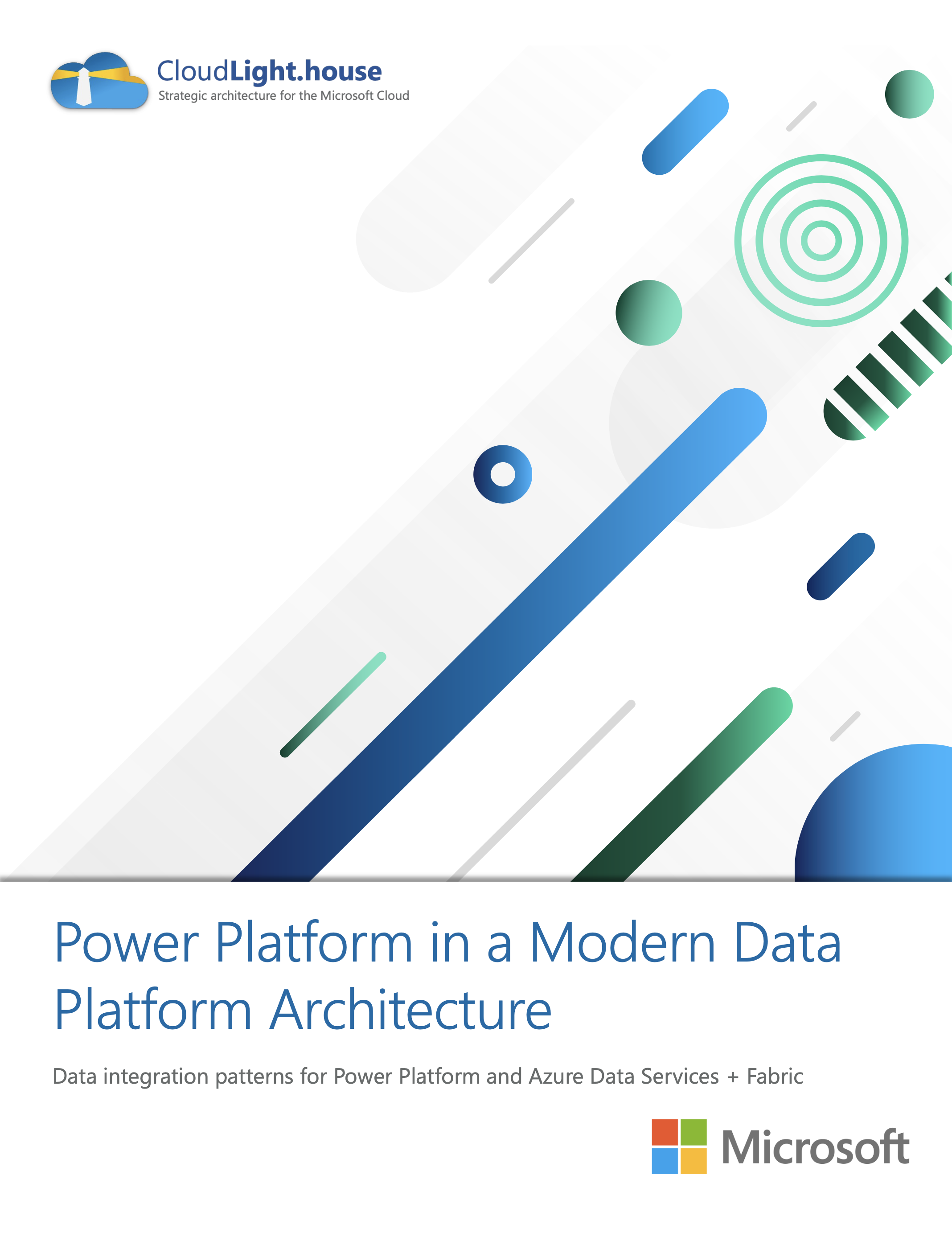
White Paper: “Power Platform in a Modern Data Platform Architecture”
For all the talk about Power Platform as a ‘’low-code’’ tool (and this is the last time I will use the word), for all the attention given to how supposedly easily it allows non-technical users to create simple apps, Power Platform’s greatest value lies not in the app, but in the data the app collects or serves back to its users. Power Platform isn’t an app phenomenon. It’s a data phenomenon. This white paper takes on the question of how Power Platform integrates with Azure data services including Microsoft Fabric, outlining five patterns that organizations ought to mix and match to extract Power Platform’s greatest value.
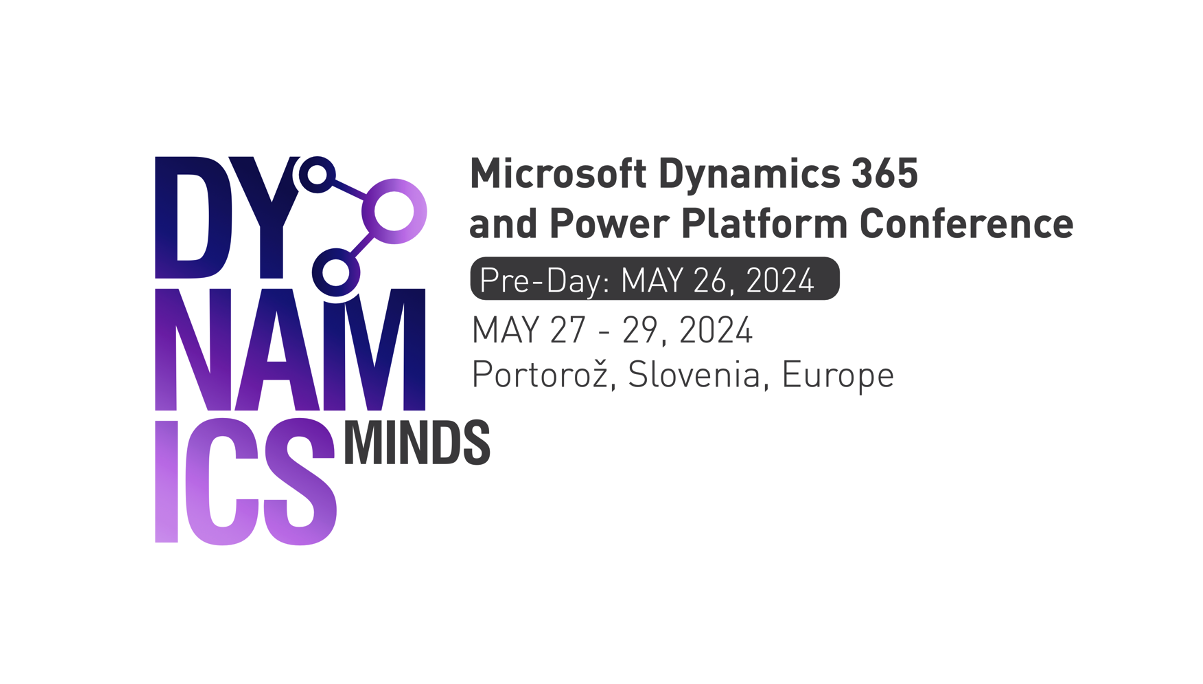
Ecosystems Podcast live, and much more at DynamicsMinds 2024 🇸🇮
Convergence and integration of technical services are coupling with modern organizational models for accelerating rapid application development to create more and more scenarios where Power Platform and the Azure Data Platform are inextricably linked. Put another way, the data platform has grown ever more sophisticated whilst at the same time solutions developed in Power Platform demand access to more and more enterprise data. This session explores five strategies for integrating these two technology sets in the Microsoft Cloud: Point to Point, Direct to Master Data, Master Data Node, Data Landing Zone, and Modern Data Platform. We’ll consider ideal scenarios, advantages, and disadvantages of each before concluding with real-world examples of organizations who have done this in practice across several industries.
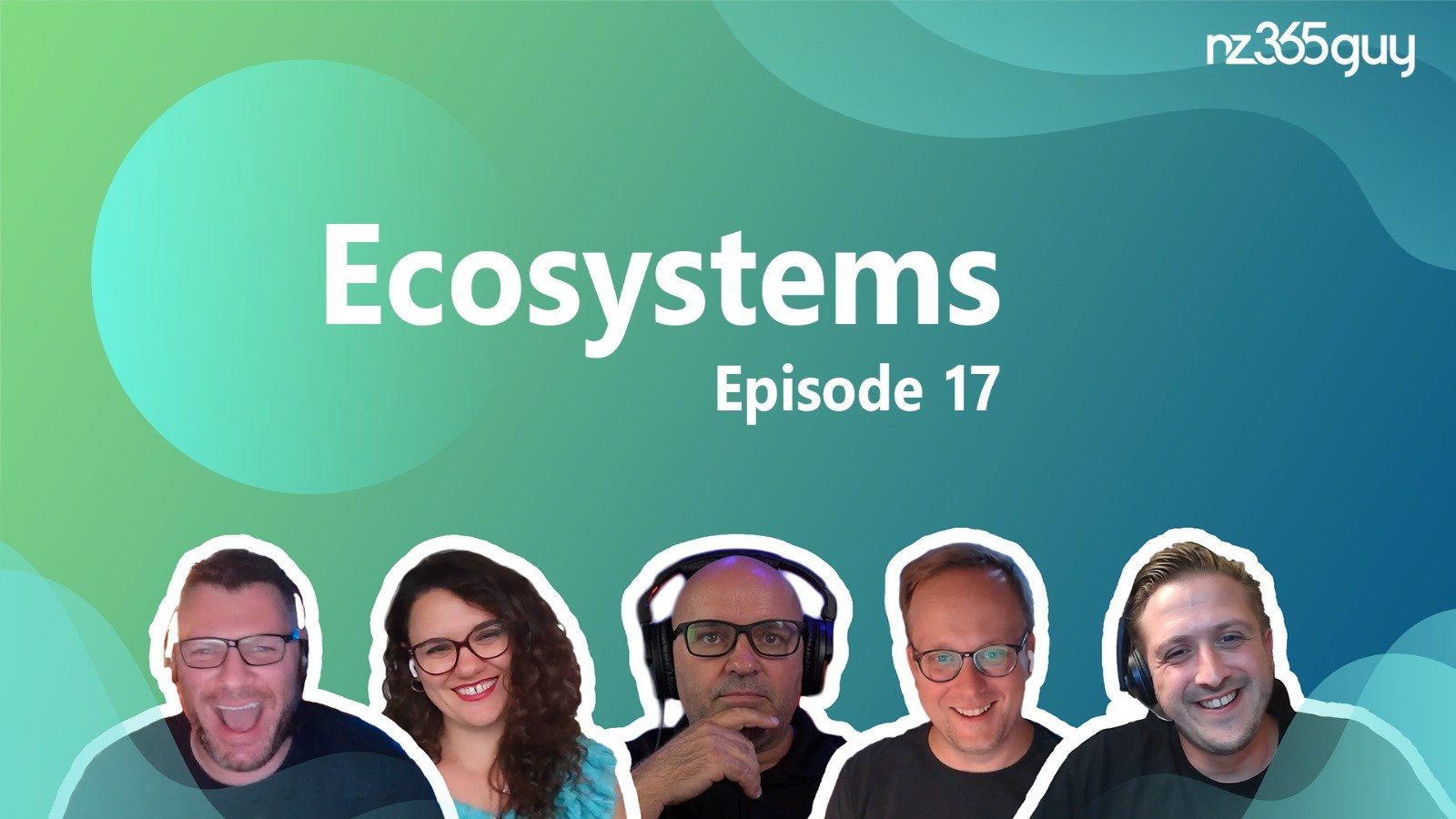
How does the Cloud evolve in different populations and cultures?
Is cloud technology generally and the Microsoft Cloud specifically evolving differently in economies with different populations? The world is much bigger (or smaller?) than the United States and Europe, so what does that mean for technology? How does geographic and population variation—and different dynamics in business culture—impact cloud ecosystems around the world?
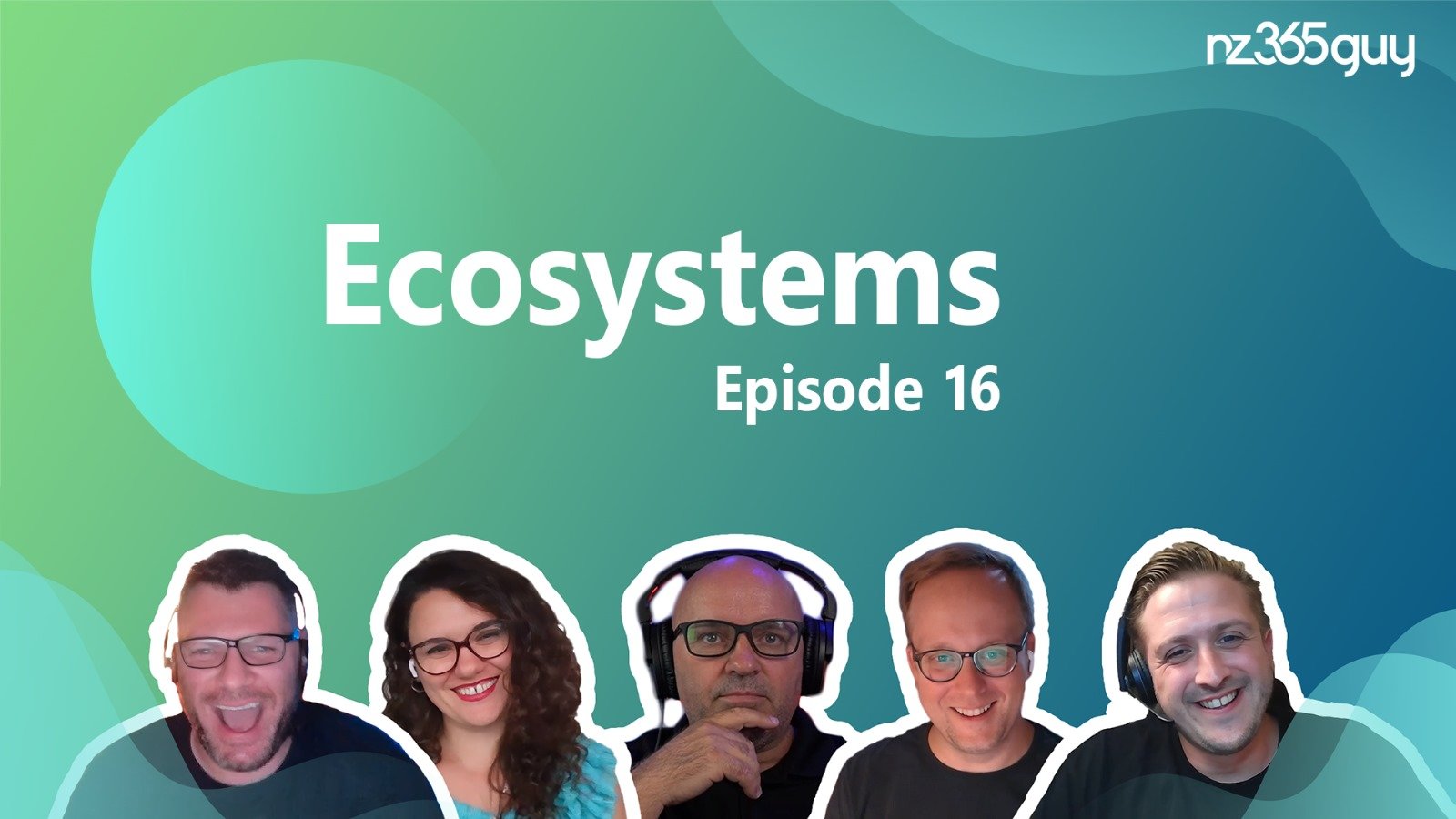
Why don’t more orgs build “anchor apps” with Power Platform + Azure?
Join Mark Smith, Andrew Welch, and Will Dorrington as they take on “anchor apps”, the essential large-scale applications crucial for organizational operations, known in ecosystem-oriented architecture as “core business systems”. These apps or “workloads” are significant, particularly compared to the many, smaller apps that are bought off the shelf or developed using tools like Microsoft Power Platform. The hosts share several of their favorite examples encountered over their time working with Power Platform across sectors and geographies, including anchor apps responsible for transportation logistics, evidence collection in law enforcement, and in military operations. Despite their importance, there’s a noted lack of recognition for anchor apps developed on platforms like Power Platform or Azure, often amidst a fragmented tech landscape that leads to underutilized premium licenses. The conversation underscores the need to better recognize and leverage anchor apps to showcase the strengths and return the big value of low-code platforms.

Join us at Color Cloud, a Microsoft community conference 🇩🇪
It is as yet unknown if artificial intelligence is more akin to a “great invention” of the 19th and 20th centuries, or if it will ultimately represent another more incremental evolution of existing capabilities. The former—as seems more likely given the immense investments being made today—will present significant challenges to nearly every organization that, having become accustomed to incremental change, is suddenly faced with a “great inventions” caliber paradigm shift that AI seems to portend. Or, as I continue to remind the CIOs with whom I work closely, the grace period for organizations to get their act together and position themselves for the next wave is growing much shorter, the margin for error much more narrow. In this session we will explore AI strategies that are flexible, able to absorb tomorrow what we don’t fully grasp today, strategies that offer value to the organization beyond specific AI-driven workloads because the nature and value of these workloads will remain unclear for some time. We will understand core concepts behind AI acting on enterprise data, present a framework of five pillars upon which future-ready AI strategies are built, and discuss concepts and approaches to mitigate risk in your organization’s AI strategy.
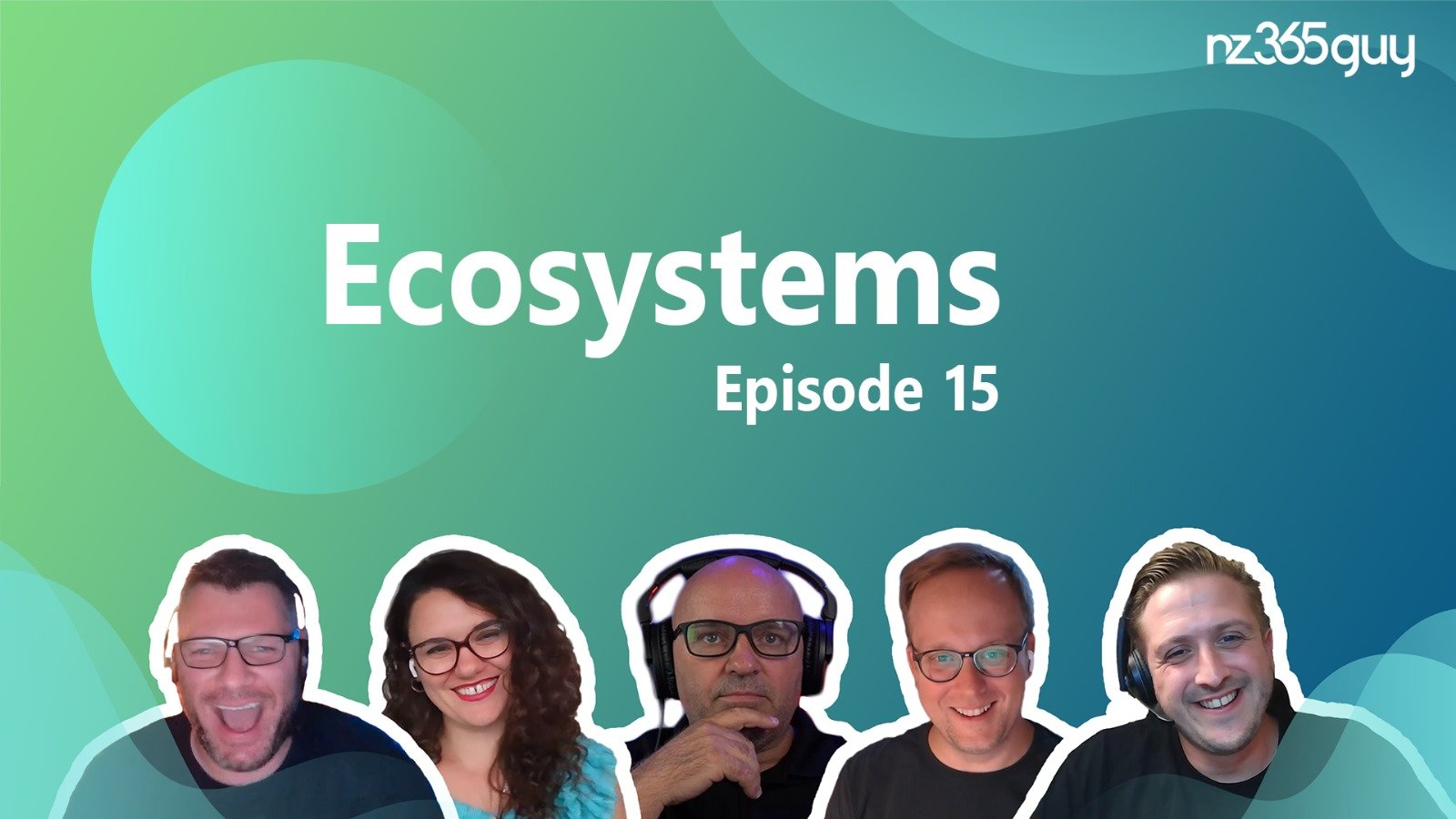
Our AI fears: Murderous toasters or mass societal displacement?
Between the imagined threat of murderous toasters, the next horizon of artificial general intelligence (AGI), and deep, straight talk about the societal displacement that AI might wrought, this is by far the most reflective and philosophical Ecosystems podcast yet. It's likely true that AI will, in the end, create far more jobs than it takes, but what is true at a macro-level can be absolutely life-destroying at an individual or community level. Are we ready? Is society ready for the displacement of the next big industrial revolution? Are we ready to leave that which is comfortable in search of more fish? Are our governments ready? Will we recognize the innate dignity in those who don't win this particular round of fabulous technological achievement?

Is enterprise architecture fit for purpose in the cloud ecosystem?
Join us Mark, Andrew, Ana, and Chris as they explore the roles of solution architects and enterprise architects in the cloud landscape. We delve into the difference between the two roles and the challenges faced by enterprise architects in assembling technology across different product families. The discussion also touches on the concept of being technology agnostic (or not) and the importance of educating enterprise architects. The conversation highlights the need for Microsoft to provide more targeted content and frameworks for enterprise architects, particularly in the Power Platform and Azure ecosystems.
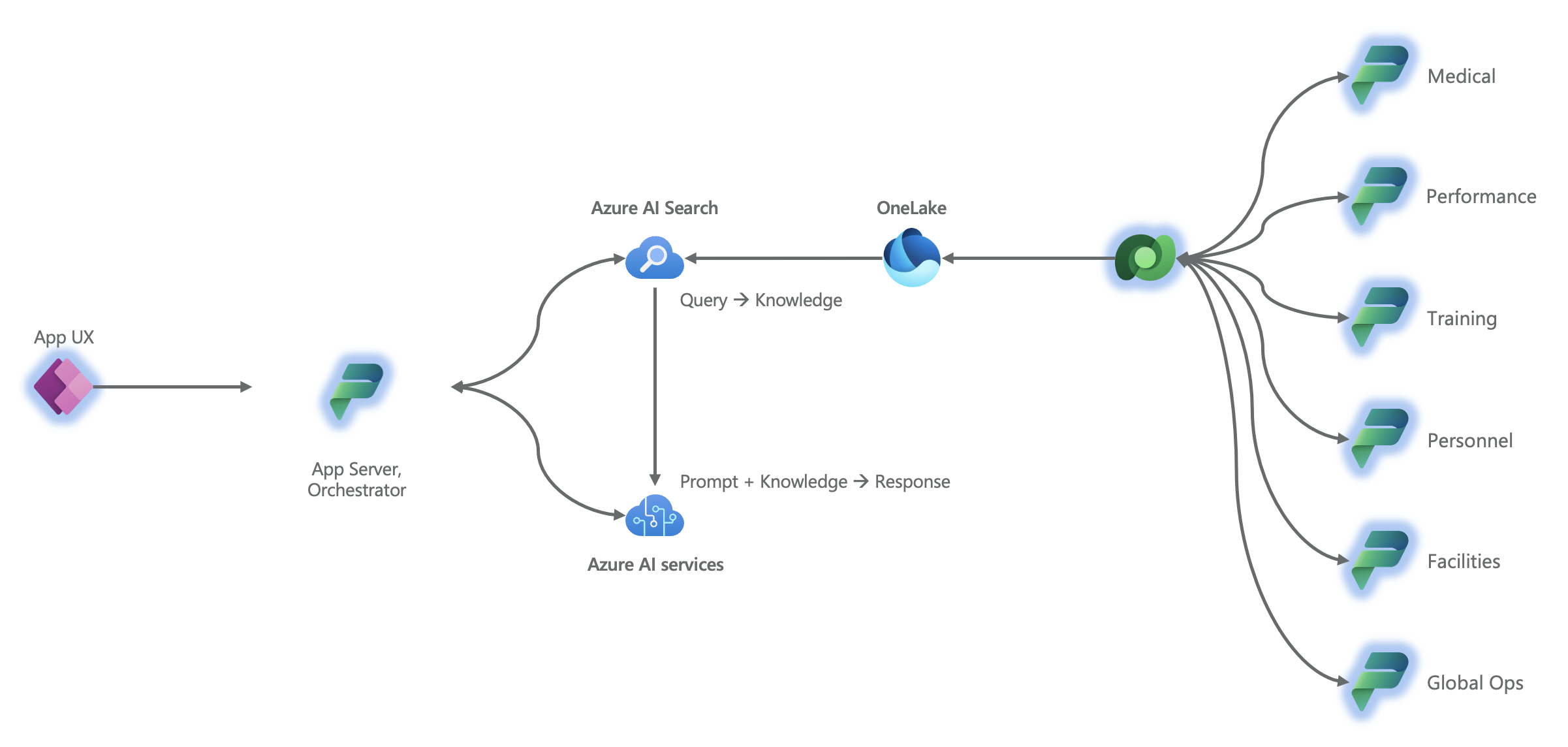
How Power Platform scales generative AI across an organization
Power Platform scales AI and the data platform by providing a composable means of both data collection and delivery of insights and AI capability back to the user. Meanwhile, the great, often unsung capability of Power Platform is not the “app”, rather the ability (via Dataverse) of data transacted in a Power Platform solution to hydrate downstream data distribution scenarios such as analytical workloads, enterprise search, and—you guessed it—whatever AI infused workload you dream up. Let’s explore this.
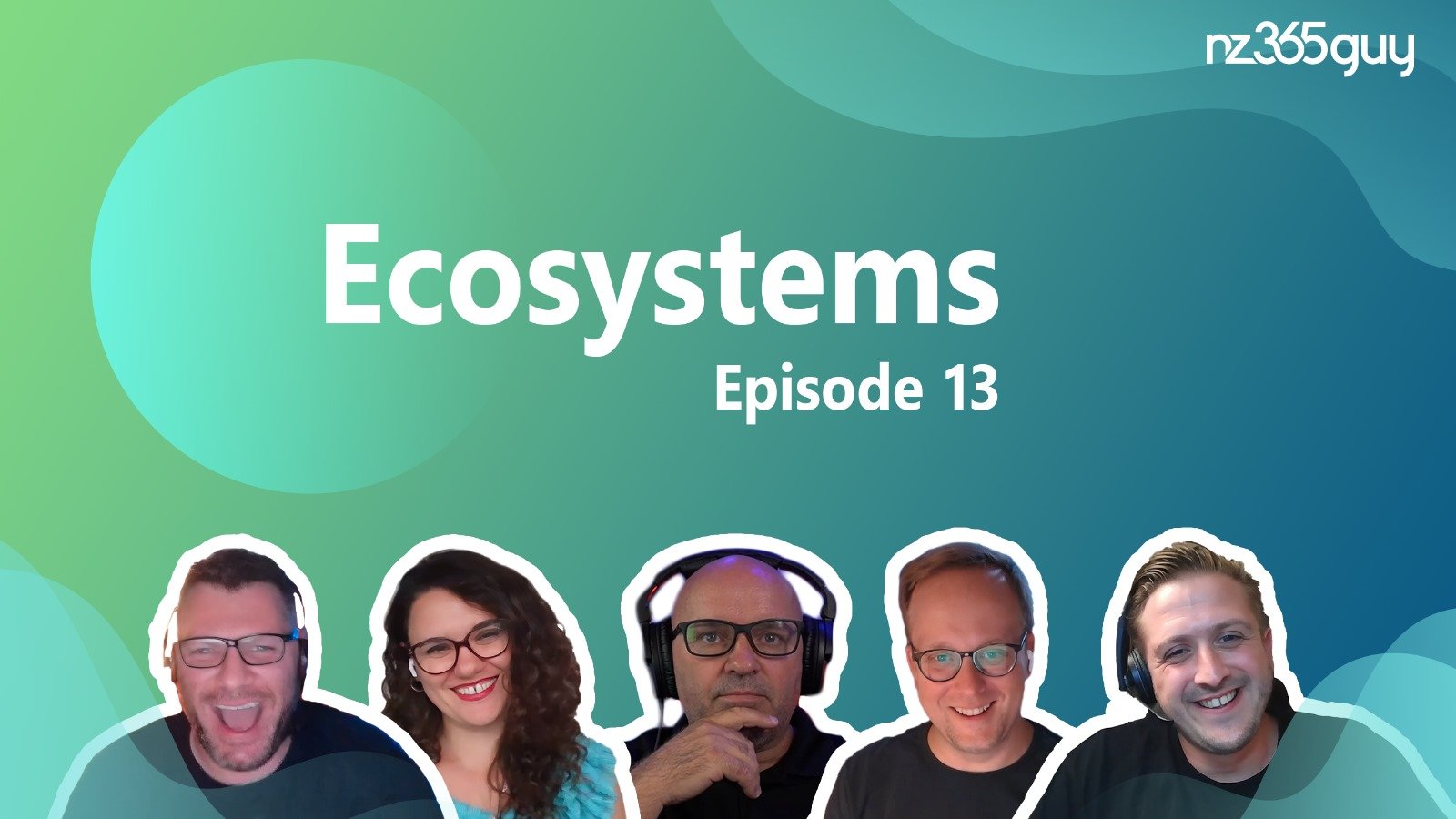
Why don’t more engineers embrace Power Platform as enterprise-grade?
Did the original positioning of Power Platform as a “low-code” or “citizen developer” tool do a massive disservice to the enterprise nature of the Power Platform itself? Are big organizations that have signed Power Platform into enterprise agreements with Microsoft looking at downsizing their investment because they don’t understand—and have not put to work—the Power Platform’s capability as an enterprise-scale application and data platform? So, why aren’t more engineers, architects, and IT leaders maximizing it as the enterprise platform that it really is?
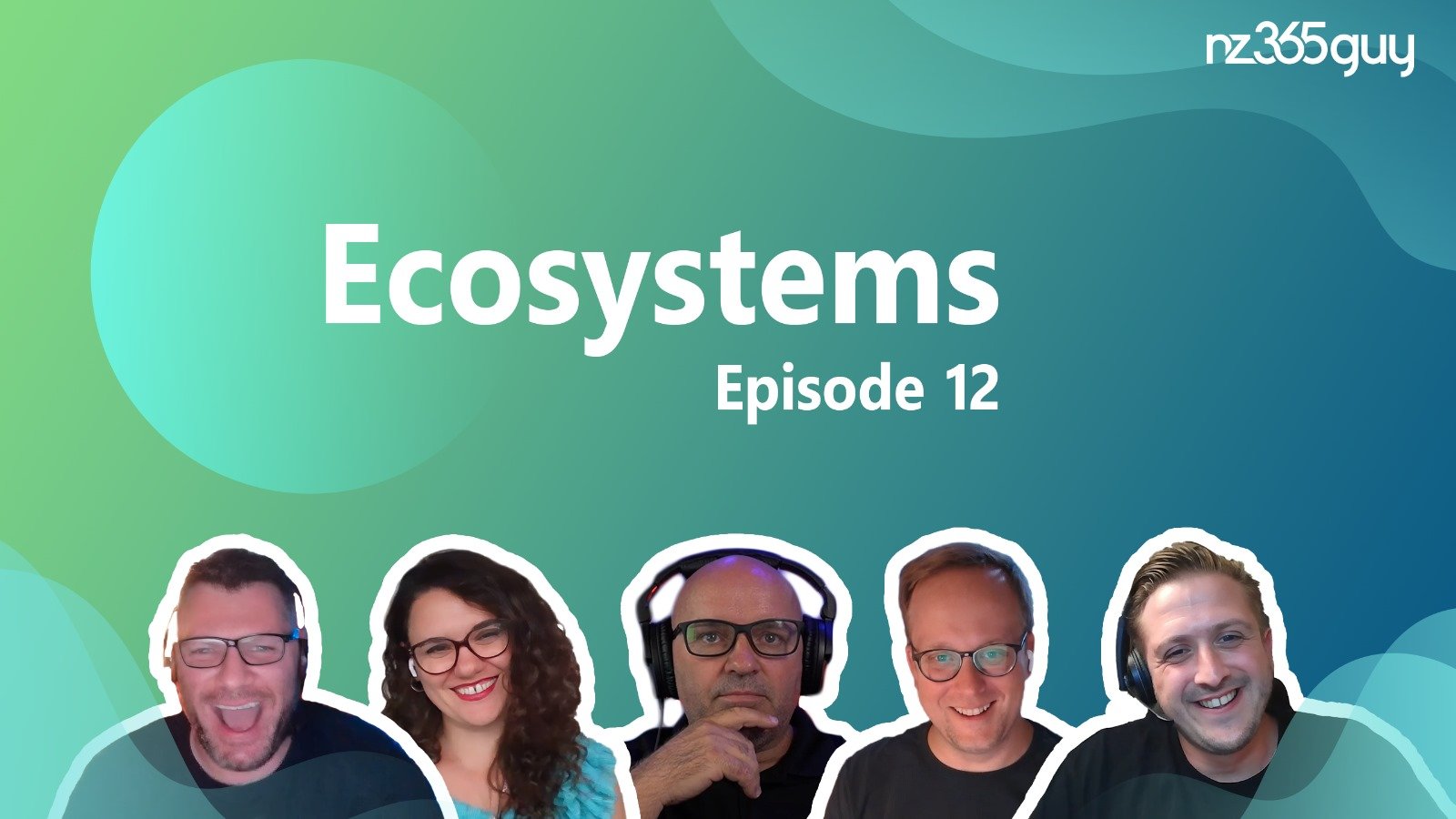
Moving IT from “utility company” to “strategic leaders of the business”…
Do innovative technologies need to move out of IT in order to thrive, or do we need to move governance and security out of IT and into facilities management as our “workplaces” have become increasingly tech-centric? There is a difference between achieving an acceptable level of security and governance vs. having a forward-looking strategy that is going to grow the business, return investment to the business, modernize the business, or make the business more productive.
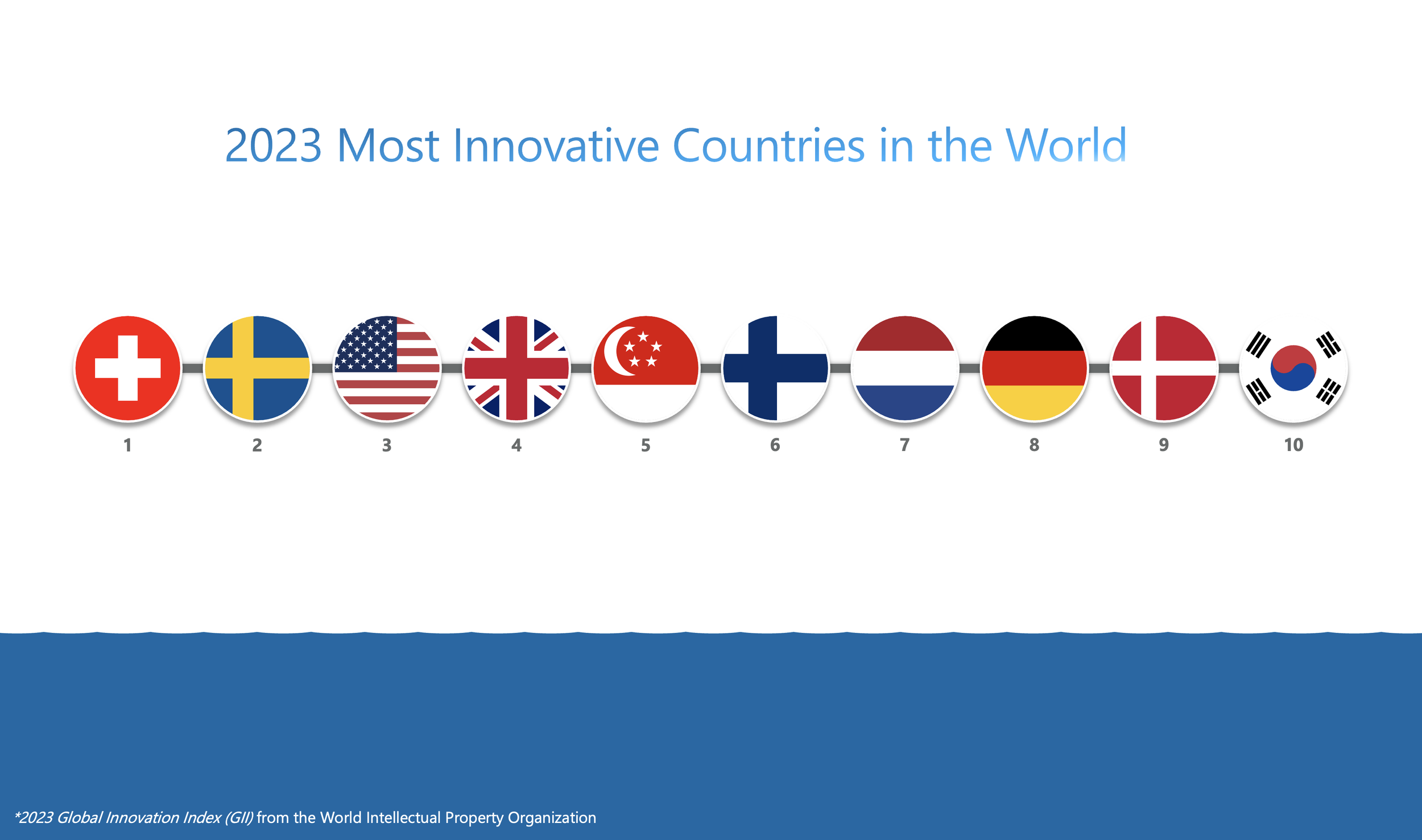
AI Applied CIO roundtable, hosted by HSO International 🇳🇱
Andrew Welch presented a keynote and facilitated a CIO roundtable at the invite-only AI Applied event, hosted by HSO International (a Cloud Lighthouse partner)… Last year was a stand-out year for AI developments. According to Gartner, generative AI technologies reached the peak of the hype cycle. It's now time to step away from the hype and move towards making practical plans to leverage the power of AI in your organization.
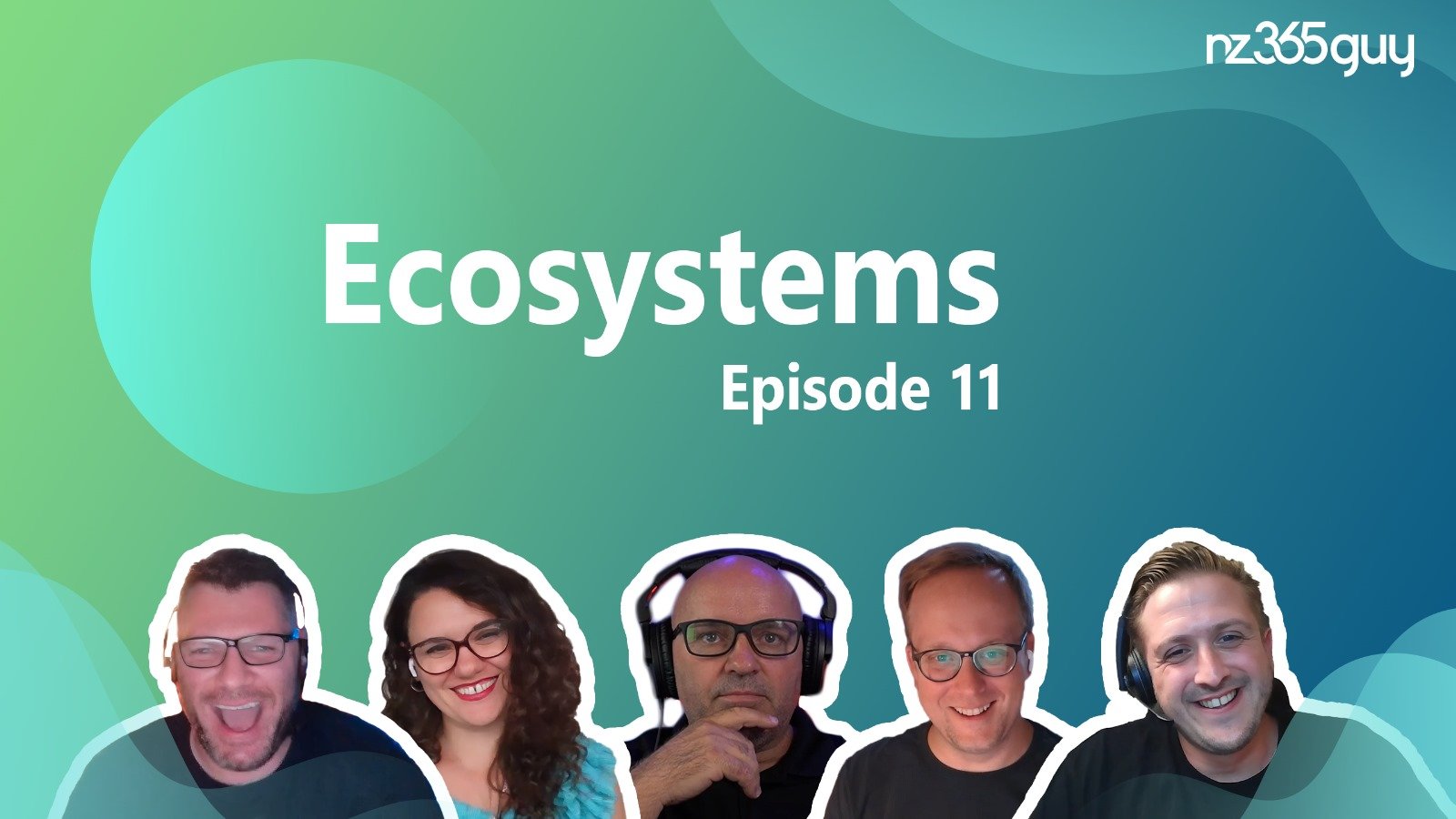
How to build and execute a cloud roadmap, and then connect the dots?
How do I build and execute a roadmap and strategy? Not a high-level business strategy that organizations typically receive, but one that actually bridges the gap between business outcome and business value that can be achieved in the cloud. How do I execute this plan, and what are the dots to connect in achieving these outcomes? Why are more organizations not doing so? The Ecosystems Podcast welcomes James Joyce, our first (but not last) ever guest.
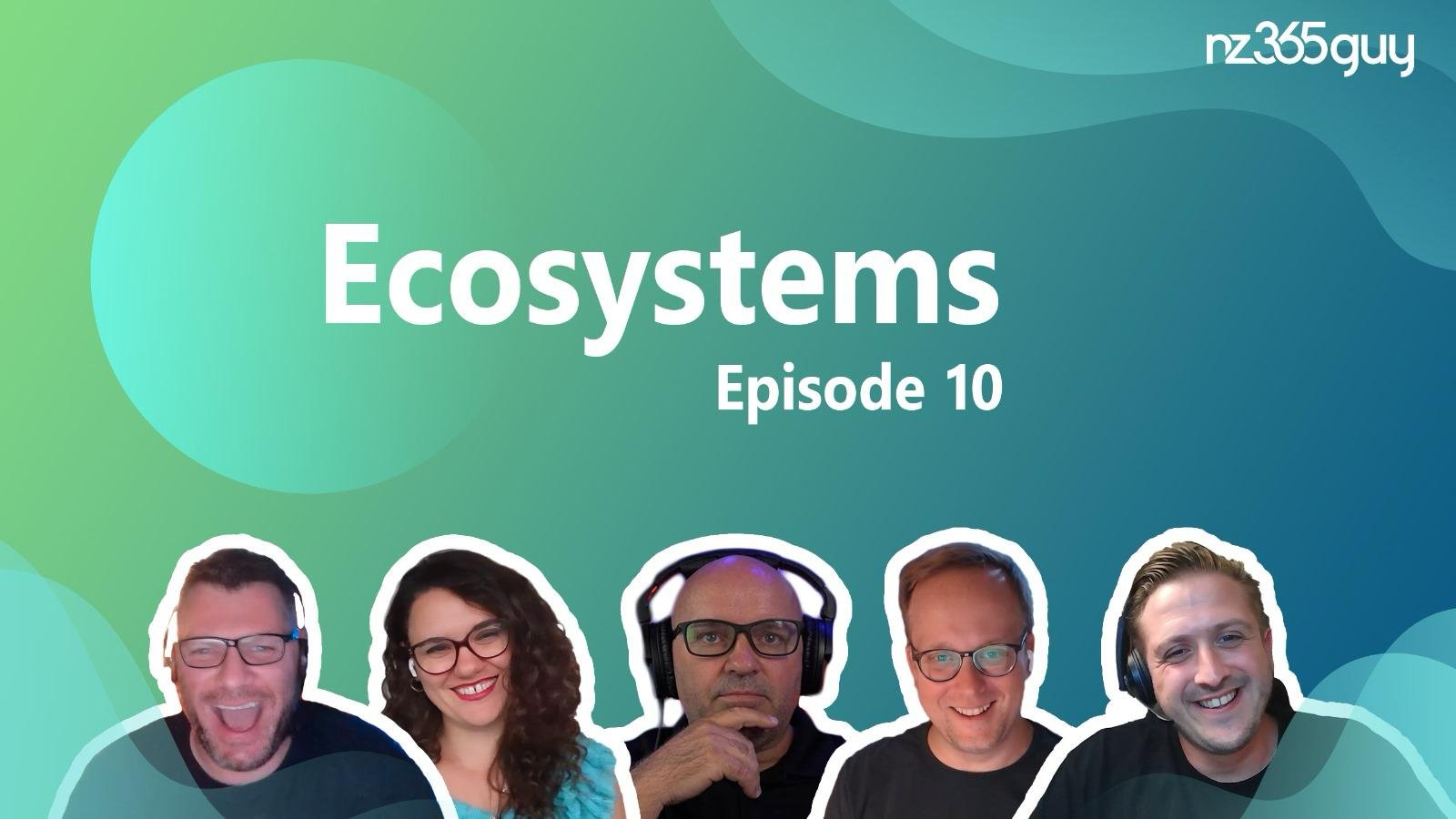
Foundations, investment trends, and how CXOs can lead in the age of AI
How do you have AI conversations with CTOs, CIOs, CDOs, and others in technical or business leadership roles? What do I need to be thinking about for my organization, particularly while “every man and his dog” are publishing their own AI content? It’s overwhelming right now.
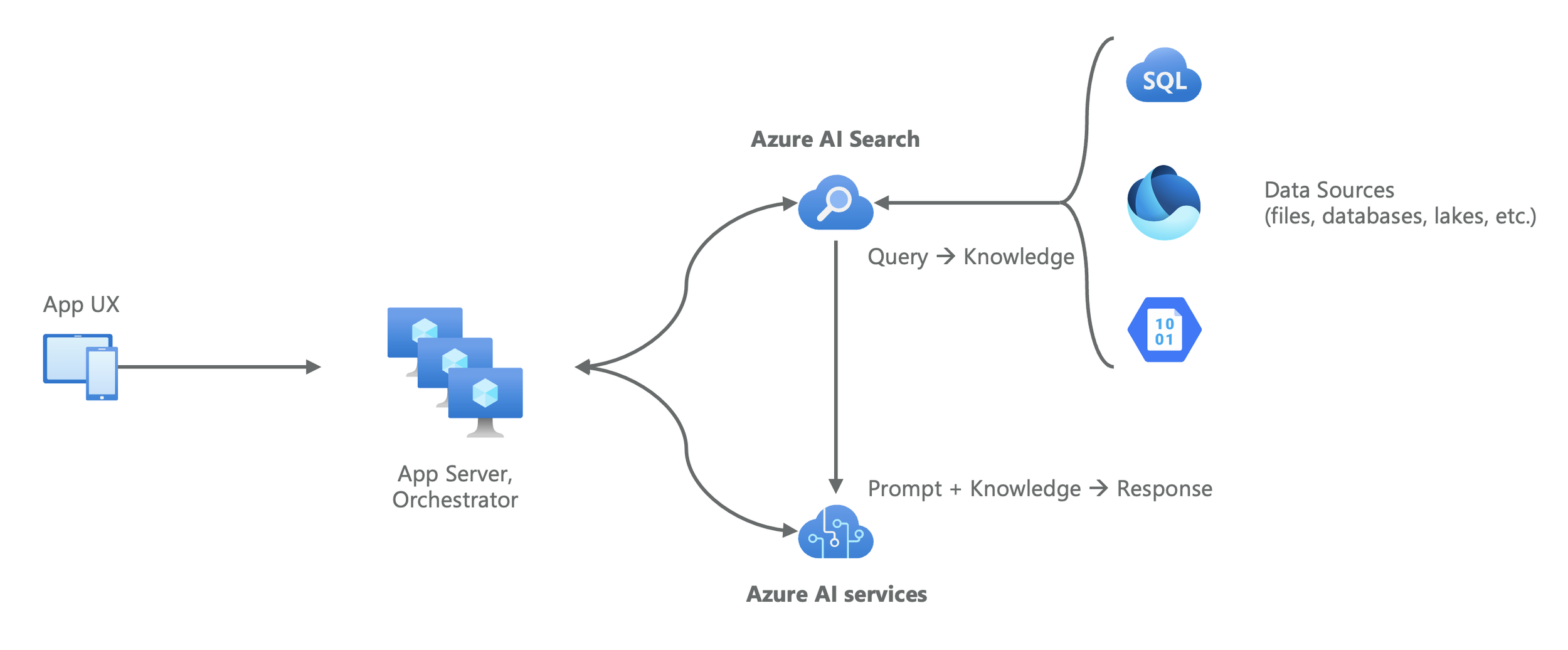
RAG and the fundamentals of AI acting on enterprise data
CIOs and enterprise architects need not be experts in the technical mechanics of AI to formulate and execute an effective AI strategy. That said, it is critical that leaders driving their AI strategy understand this basic concept of how institutional AI—that is to say, AI workloads specific to your organization—both requires and acts on enterprise data. This approach is what we call “Retrieval Augmented Generation” or “RAG”, which you may have heard of. The name is quite literal: Here we are augmenting the generative pre-trained (and now you know what “GPT” stands for) model with data that we have retrieved from the organization’s data estate.
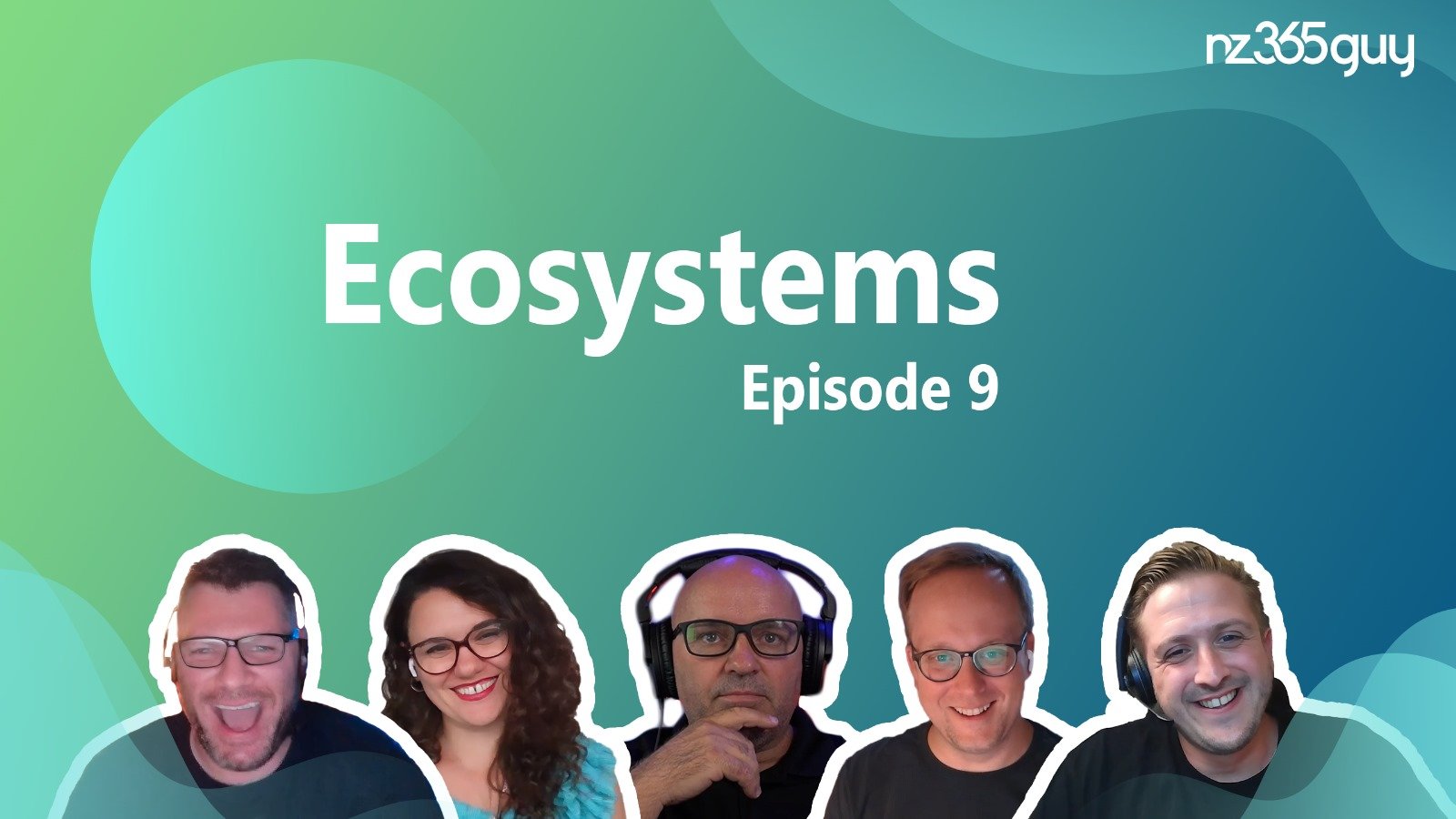
The road ahead for organizations pursuing their strategic AI aspirations
Organizations have a lot of work to do in pursuing their AI aspirations in a strategic way, and importantly, to correct some of the mistakes they’ve made kicking the (data) can down the road for the last thirty years. This episode dives into the five pillars set out in the recent Microsoft + Cloud Lighthouse white paper, Crafting your Future-Ready Enterprise AI Strategy, as we help organizations become “future ready” for the AI we understand today and the AI capabilities that are coming in the very near future. The hosts discuss the preparation for artificial intelligence in 2024. They highlight the importance of data consolidation, governance, and the use of AI tools for quick wins. The conversation also touches on the practical applications of AI in daily life and the need for AI to be infused into all aspects of work. The hosts explore the excitement and optimization potential of AI, as well as the legal and ethical considerations surrounding its use. They discuss the challenges of demonstrating AI reasoning and the balance between AI advancements and regulations.
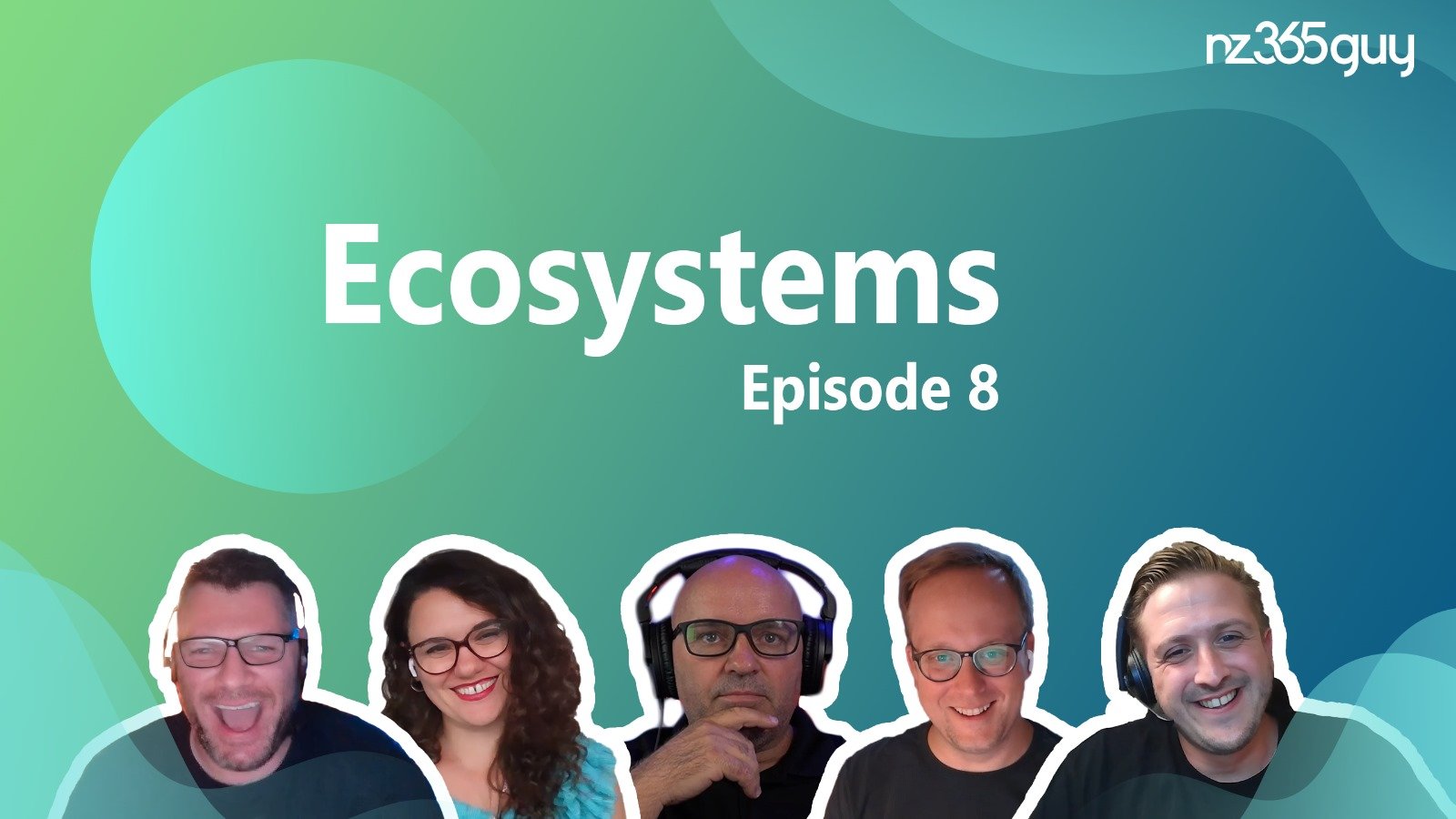
Diving in on “Crafting your Future-Ready Enterprise AI Strategy”
The Ecosystems podcast starts 2024 with a big announcement and a discussion of Andrew’s new Cloud Lighthouse + Microsoft white paper, Crafting your Future-Ready Enterprise AI Strategy. The paper addresses the need for organizations to take a strategic approach to implementing artificial intelligence (AI) and highlights the importance of data readiness. We emphasize the distinction between incremental AI, which brings efficiency to existing tasks, and differential AI, which represents groundbreaking advancements. The white paper also discusses the role of low code in scaling AI and the need for consistency in data access and rights, so we dig into that a bit in this episode. The conversation concludes with appreciation for the valuable insights provided in the white paper.

Technology considerations when scaling AI across an organization
Join me—Andrew Welch—with HSO’s "Dynamics Matters” podcast host Michael Lonnon for part five of our AI strategy miniseries as we return to the centrality of data in this episode, talking Microsoft Fabric and the future roadmap for Microsoft’s data + AI technologies, the importance of ecosystem-oriented architecture (EOA) to scaling artificial intelligence, the need for organizations to change how they budget technology initiatives, and how to organize an IT team for the age of AI as the IT Tower of Babel rears its ugly head once again.

White Paper: “Crafting Your Future-Ready Enterprise AI Strategy”
It is yet unknown if artificial intelligence is more akin to a “great inventions” of the 19th and 20th centuries, or if it will ultimately represent another more incremental evolution of existing capabilities. The former—as seems more likely given the immense investments being made today—will present significant challenges to nearly every organization that, having become accustomed to incremental change, is suddenly faced with a “great inventions” caliber paradigm shift that AI seems to portend. This white paper explores foundational concepts for AI technology and your AI strategy, five pillars for your AI strategy—data consolidation, data readiness, incremental AI, differential AI, scaling AI—and trends that are likely to shape AI in organizations going forward.
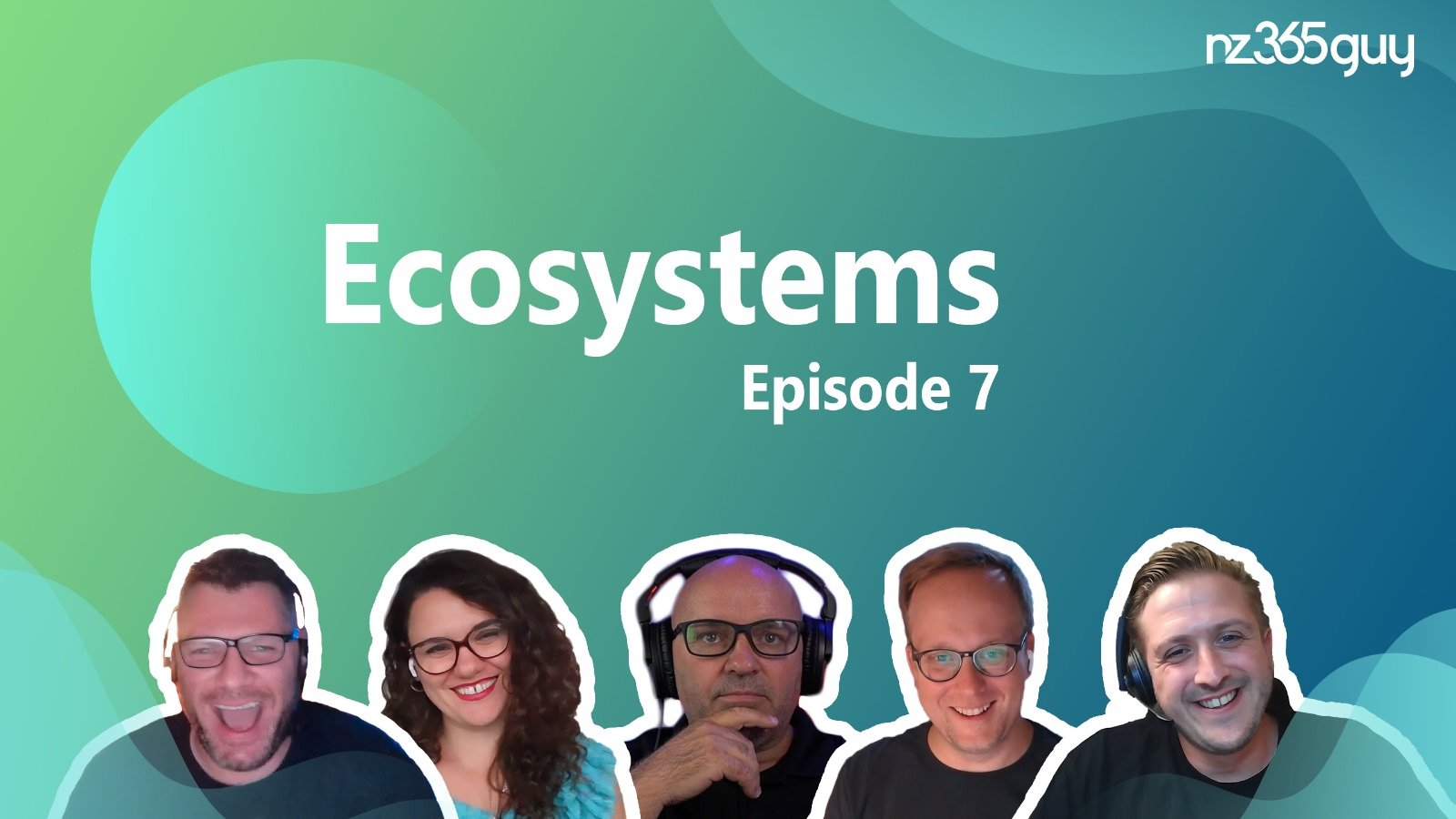
Christmas gifts from Microsoft (and one from a listener!)
Complete with twinkling lights, baubles, questionable sweaters, gnomes, and patriotic Christmas stockings: Mark, Andrew, Ana, and Chris celebrate the holidays and the year’s last episode of the Ecosystems podcast. Together we explore AI's practical business applications, our takes on the recent chaos at Open AI, and our thoughts on a great listener question. Microsoft Ignite is just weeks behind us, so we close out the year sharing our favorite Christmas gifts from Microsoft, new or now generally available tech that has us really excited.

UN Low-Code + API Summit 🇪🇸
Wave periods between major innovation in the cloud are growing shorter. We no longer have the luxury of waiting it out, of adopting later. Cloud ecosystems built on strategic foundations create the conditions to absorb successive waves of change. This session explored the history of these wave periods and implications that quickening technological innovation hold for global organizations, overviewed the “strategic pyramid” model for activity and system-based value in the cloud, introduced a reference ecosystem map built with ecosystem-oriented architecture, applied this architecture to a UN organizational context, and linked the architecture to a combination of Azure data, Azure AI, and Power Platform technologies.

